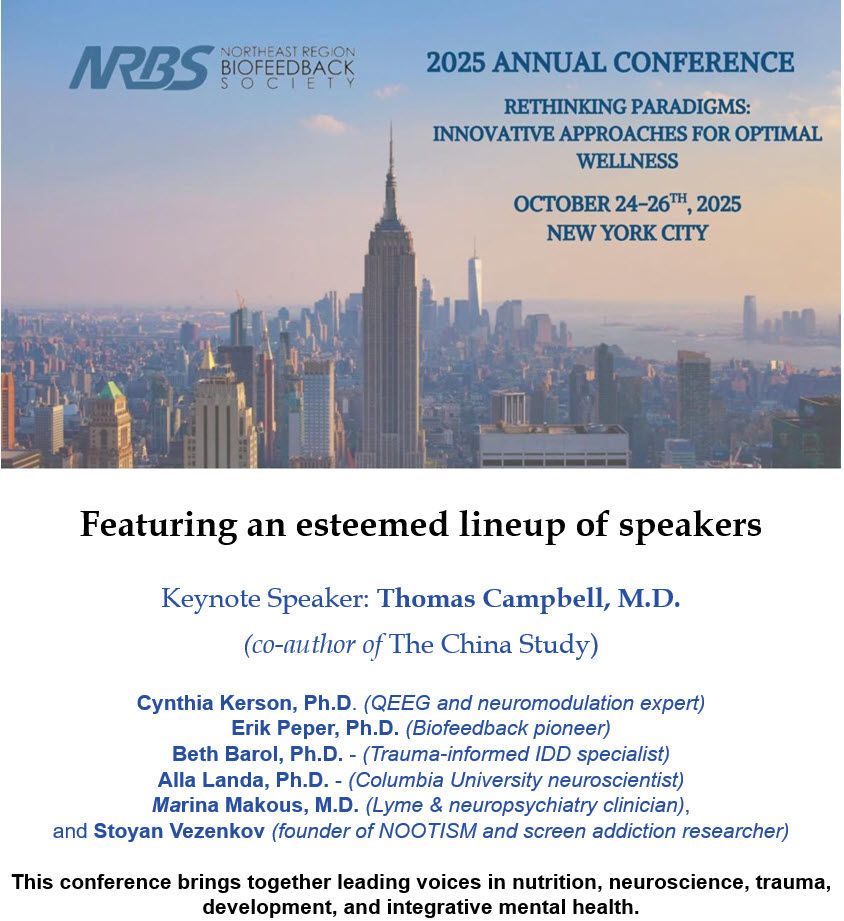5-Second Science: The Link Between Traumatic Brain Injury and Psychosis
- Zachary Meehan

- Jul 30, 2025
- 4 min read
Updated: Aug 12, 2025

Can a blow to the head set the stage for schizophrenia? A groundbreaking 2024 study by Trivedi and colleagues, published in Schizophrenia Bulletin, provides one of the most comprehensive examinations to date of the relationship between traumatic brain injury (TBI) and non-mood psychotic disorders.
Using a large nationally representative dataset, the researchers found that people hospitalized for TBI were more than twice as likely to be diagnosed with schizophrenia or other psychotic conditions than similar individuals without TBI.
But beyond the numbers, the study also delves into the possible biological and cognitive pathways that might explain why this link exists.
Rather than being solely a neurological injury with physical consequences, TBI may act as a tipping point in vulnerable individuals—altering brain networks, disrupting neurodevelopment, and accelerating the emergence of psychiatric illness.
The Scope of the Problem
The researchers analyzed data from the 2017 National Inpatient Sample, isolating over 26,000 individuals hospitalized with a TBI and matching them to an equal number of patients without a TBI, balancing for age and sex. They examined the presence of schizophrenia and related psychotic disorders in each group, adjusting for a wide range of demographic, medical, and psychiatric variables.
One important caveat about this work is that it used cross-sectional hospital data, meaning it could not determine whether psychotic disorders were diagnosed before or after the traumatic brain injury.
Nonetheless, psychotic disorders were diagnosed in nearly 11% of individuals with a TBI, compared to fewer than 5% of those without. After adjusting for confounding factors, TBI remained a powerful independent predictor of psychotic illness, associated with a more than twofold increase in odds. The association was strongest among younger patients and those with comorbid conditions such as bipolar disorder, substance use, anxiety, intellectual disability, and personality disorders. These results reinforce earlier findings while significantly expanding the scale and generalizability of the evidence.
Possible Mechanisms: How Brain Injury Can Alter the Mind
While the study was not designed to test mechanisms directly, the authors discuss several leading hypotheses drawn from neuroscience and developmental psychopathology.
One key proposal is that TBI disrupts frontal–subcortical and limbic–cortical circuits—brain networks involved in executive function, emotion regulation, and reality testing. These circuits are also implicated in schizophrenia and related psychotic disorders, suggesting a plausible neurobiological overlap.
TBI may also cause microstructural and functional changes in regions like the prefrontal cortex, hippocampus, and amygdala, leading to aberrant connectivity and altered dopaminergic signaling. Dopamine dysregulation, particularly in the mesolimbic pathway, is a long-standing hallmark of psychosis. Neuroinflammation, white matter damage, and oxidative stress may further contribute to these vulnerabilities.
In individuals with a genetic or developmental predisposition, TBI could act as a second hit—disrupting brain maturation during a critical period and accelerating the trajectory toward psychosis.
This might help explain why younger adults in the study were particularly susceptible. Injury-related cognitive impairments, such as poor attention or disorganized thinking, could also interfere with coping mechanisms, making emerging psychotic symptoms harder to compensate for or mask.
Clinical Implications: The Case for Integrated Care
The study’s authors emphasize the need for psychiatric vigilance in the aftermath of TBI, especially among younger patients and those with existing mental health challenges. Integrating behavioral health services into TBI care pathways could help clinicians identify early warning signs of psychosis, such as paranoia, hallucinations, or unusual beliefs, and intervene before full-blown disorders emerge.
Moreover, the findings point to a broader need to reframe how we understand brain injuries—not just as physical trauma but as a potential inflection point in mental health trajectories. Early identification, monitoring, and intervention may be critical to improving long-term outcomes.
Clinical Takeaways
Individuals hospitalized with TBI are more than twice as likely to be diagnosed with non-mood psychotic disorders, including schizophrenia.
Risk is amplified by comorbid psychiatric conditions such as bipolar disorder, anxiety, and substance use.
Younger adults and males appear particularly vulnerable.
TBI may disrupt brain circuits related to dopamine regulation, executive function, and emotional control, potentially accelerating psychosis onset in predisposed individuals.
Integrated mental health screening and support following TBI may reduce long-term psychiatric morbidity.

Bottom Line
The scars of brain injury are not always visible. By recognizing TBI as a potential trigger for serious psychiatric illness, clinicians can better support recovery—both physically and mentally.
Glossary
dopaminergic signaling: communication between neurons using the neurotransmitter dopamine; abnormalities in this system are linked to psychosis.
frontal–subcortical circuits: brain pathways connecting the frontal lobes with subcortical regions involved in motor control, cognition, and behavior.
mesolimbic pathway: a key dopamine circuit in the brain associated with reward, motivation, and psychotic symptoms.
neuroinflammation: inflammatory response within the brain, often triggered by injury, infection, or disease, and implicated in various psychiatric disorders.
non-mood psychotic disorders: disorders involving psychosis that are not primarily driven by mood changes (e.g., schizophrenia, delusional disorder).
oxidative stress: the overproduction of reactive oxygen species that overwhelm antioxidant defenses, leading to cellular damage, inflammation, and neuronal dysfunction.
psychosis: amental state involving loss of contact with reality, including hallucinations, delusions, and disorganized thinking.
schizophrenia: a severe and chronic psychiatric disorder characterized by psychotic symptoms, cognitive impairment, and functional decline.
Second Hit Hypothesis: a model suggesting that genetic or developmental vulnerabilities (first hit) may lead to psychiatric illness when followed by a later environmental trigger (second hit), such as TBI.
traumatic brain injury (TBI): physical injury to the brain caused by external force, such as a blow or jolt, which can impair cognitive, emotional, and neurological function.
white matter damage: the disruption of myelinated axonal pathways, impairing communication between brain regions and contributing to cognitive, emotional, and motor deficits.
Reference
Trivedi, C., Reddy, P., Rizvi, A., Husain, K., Brown, K., Mansuri, Z., Nabi, M., & Jain, S. (2024). Traumatic brain injury and risk of schizophrenia and other non-mood psychotic disorders: Findings from a large inpatient database in the United States. Schizophrenia Bulletin, 50(4), 924–930. https://doi.org/10.1093/schbul/sbae047
Author
Zachary Meehan earned his PhD in Clinical Psychology from the University of Delaware and serves as the Clinic Director for the university's Institute for Community Mental Health (ICMH). His clinical research focuses on improving access to high-quality, evidence-based mental health services, bridging gaps between research and practice to benefit underserved communities. Zachary is actively engaged in professional networks, holding membership affiliations with the Association for Behavioral and Cognitive Therapies (ABCT) Dissemination and Implementation Science Special Interest Group (DIS-SIG), the BRIDGE Psychology Network, and the Delaware Project. Zachary joined the staff at Biosource Software to disseminate cutting-edge clinical research to mental health practitioners, furthering his commitment to the accessibility and application of psychological science.

Support Our Friends









Comments